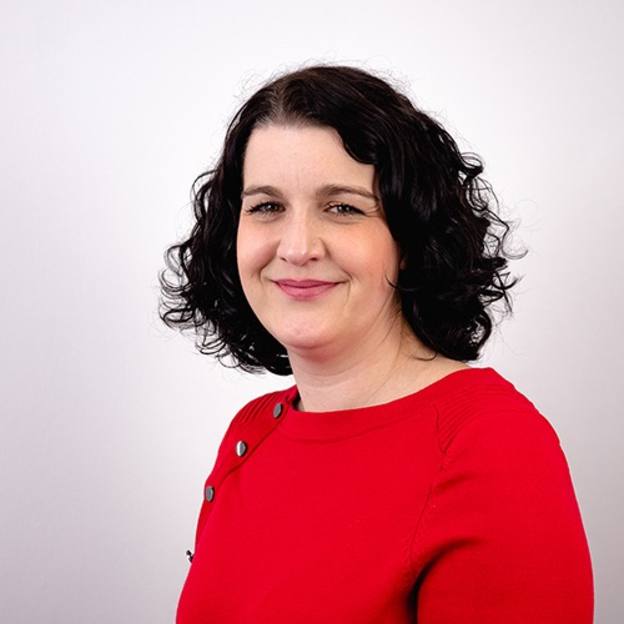Tailored insurance
The Women in Protection committee also believes products need to be better tailored better to women’s circumstances, which change over time.
“Women are more likely than men to go in and out of the workplace for example, adapting working patterns to fit around family commitments.
“Cover therefore needs to flex as their circumstances change to ensure they can retain cover,” they said.
D’Esterre explained: “We have lots of different products which do similar things, or have similar features but you can’t have a ‘bit of this’ and a ‘bit of that’ as and when you want it and need it.
“The protection I needed, and could afford, when I was 20, is very different to what I needed in my 30s, and the same now I am in my 40s and am married with a child.”
She said when being made redundant a short while ago she had I lost her death in service benefit and private medical care.
Read FTAdviser's Q&A with Georgia d'Esterre:'Protection can seem to be shrouded in mystery'
She had income protection and life insurance in place, but could not change these easily to reflect her new unemployed status and loss of cover, and therefore was effectively “over insured”.
Now she has a new job she said she needs to review her protection again to ensure she has the right features and benefit amounts in place, “which means I may have to look at new providers, resulting in more time, and potentially having to go through the various application processes, including underwriting, again, which is the last thing you want to think about when you’ve just started a new job.
“Again, how is this making it easy for our female customers?”
Targeted adverts
Protection providers have meanwhile been accused of running adverts which were deemed “sexist”, sparking calls for change from within the industry.
Kevin Carr, chief executive of Protection Review and former co-chairman of the Income Protection Task Force, told FTAdviser in September he had spoken “to a number of people” about protection advertising in the past, and had encountered a lot of frustration.
The Women in Protection network too has called for better targeted advertisements, saying “we certainly want to encourage firms to use inclusive language and imagery to appeal to different sections of society; women, single people, gay couples, blended families etc should all feel represented.






